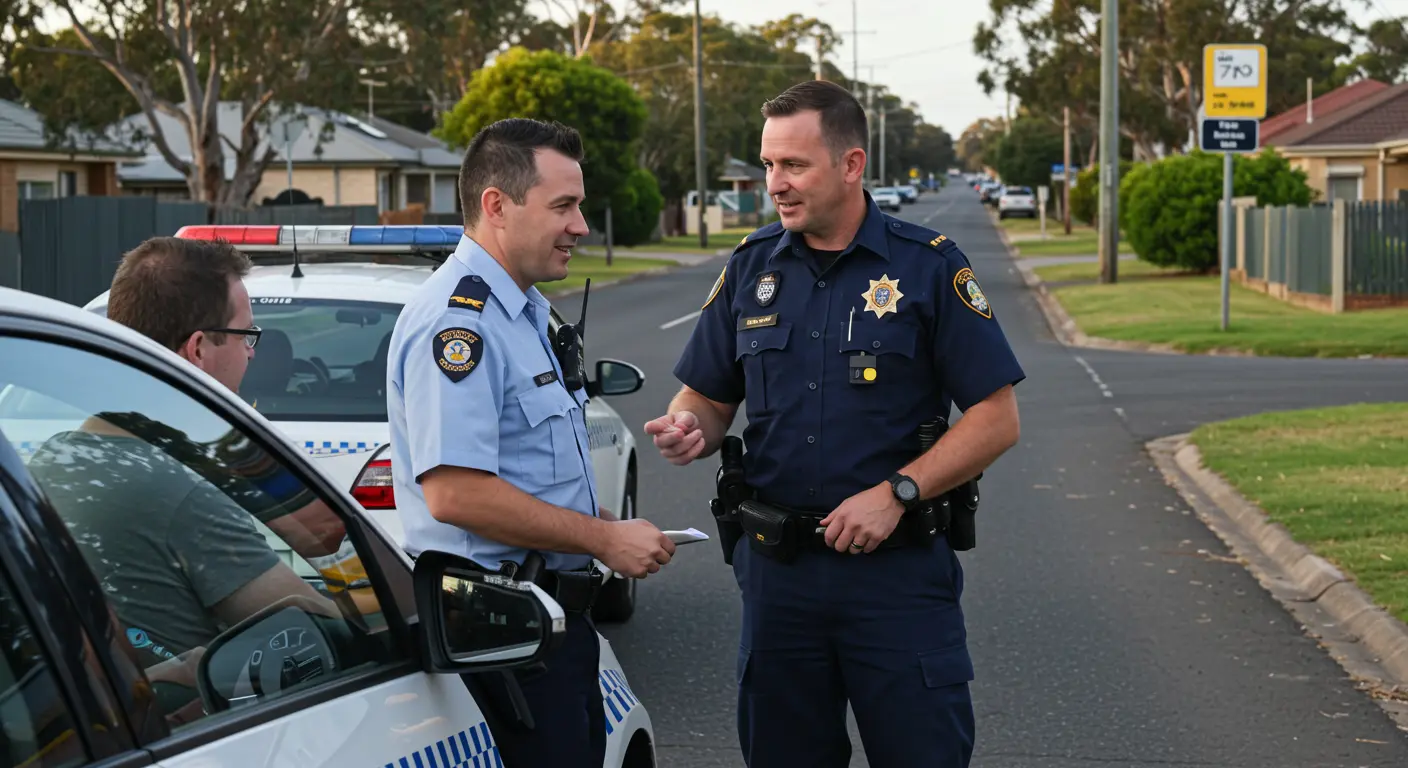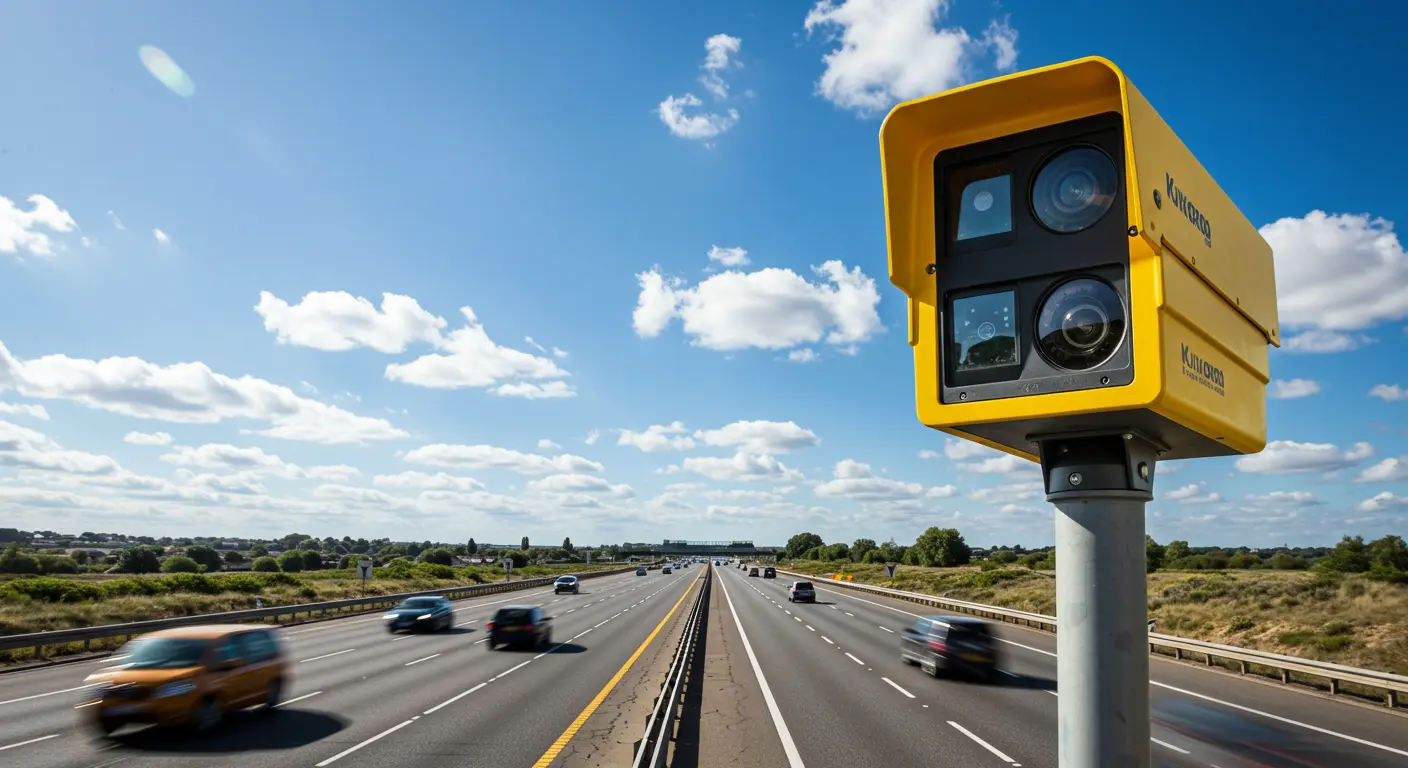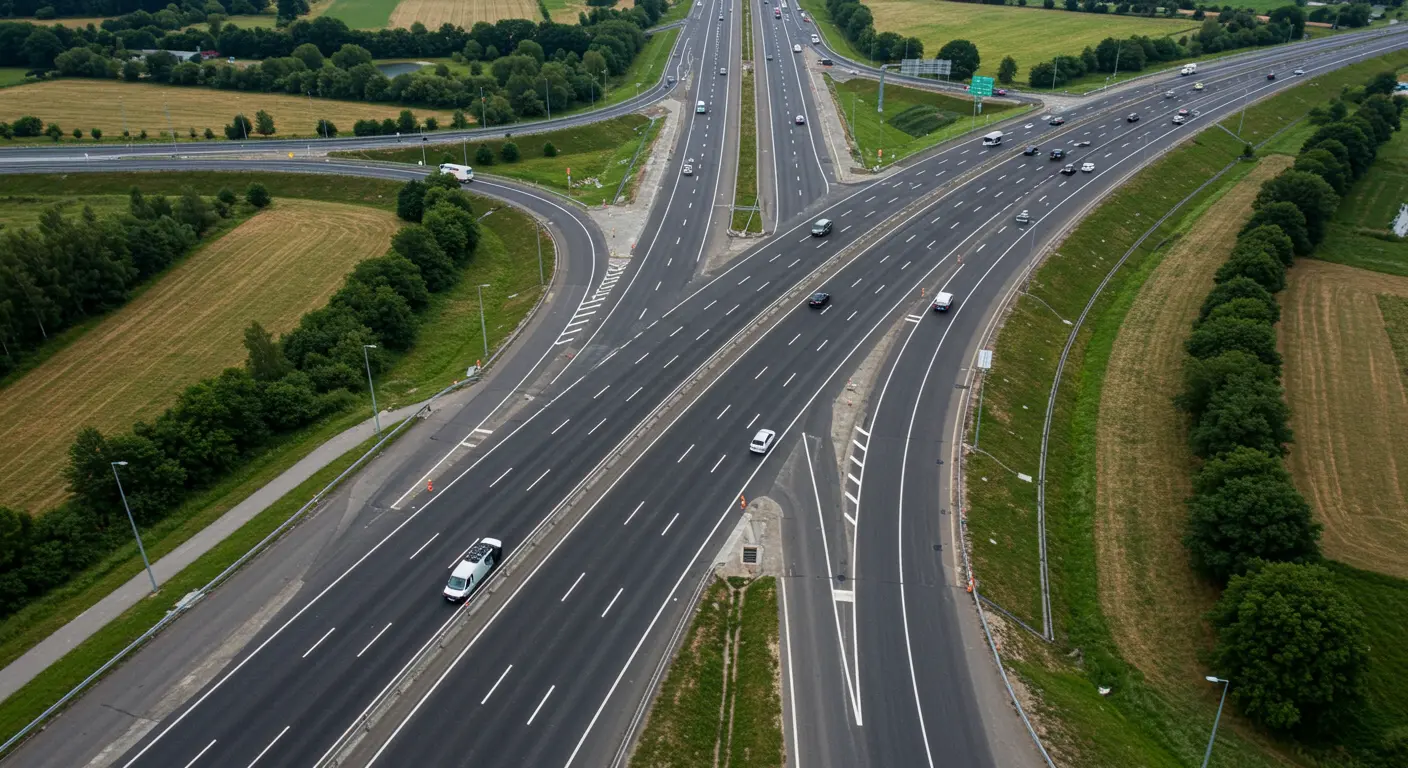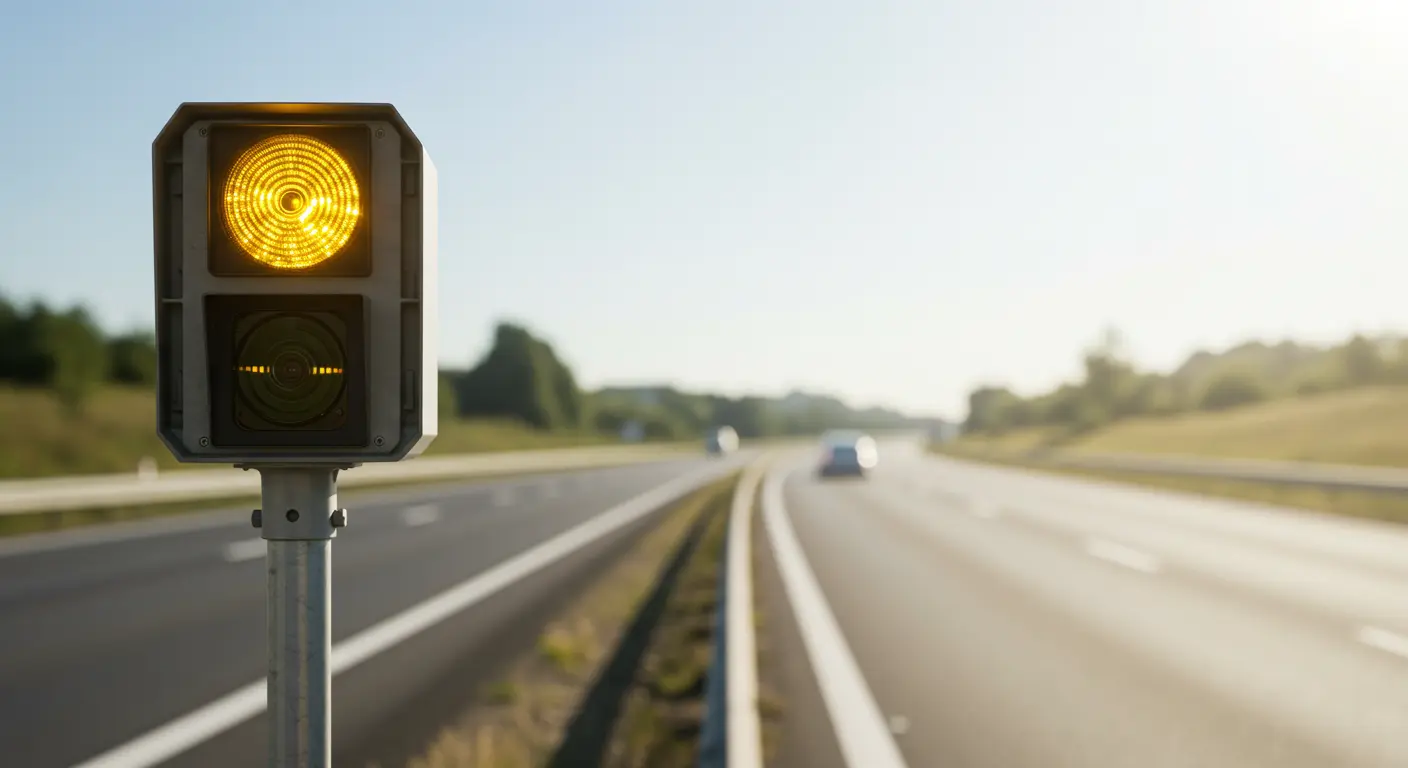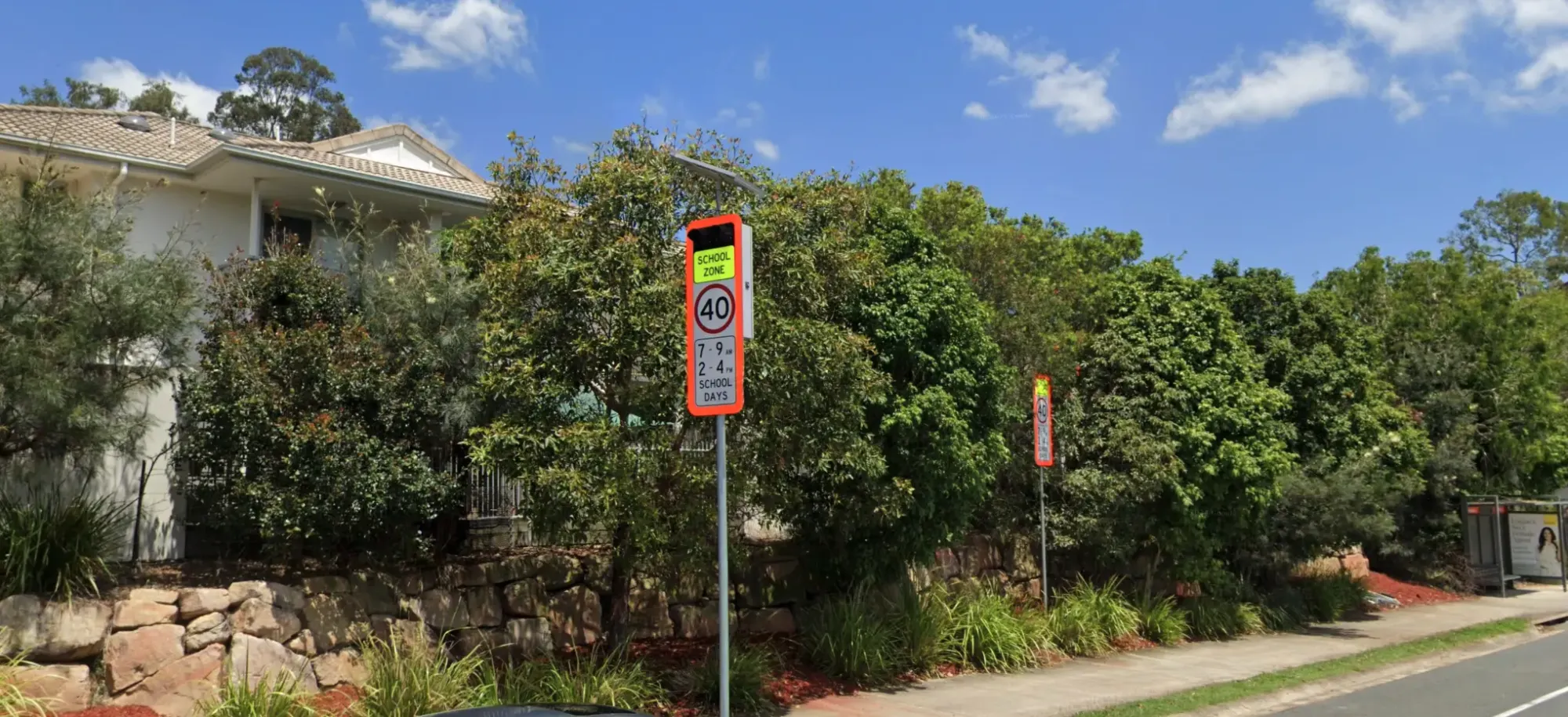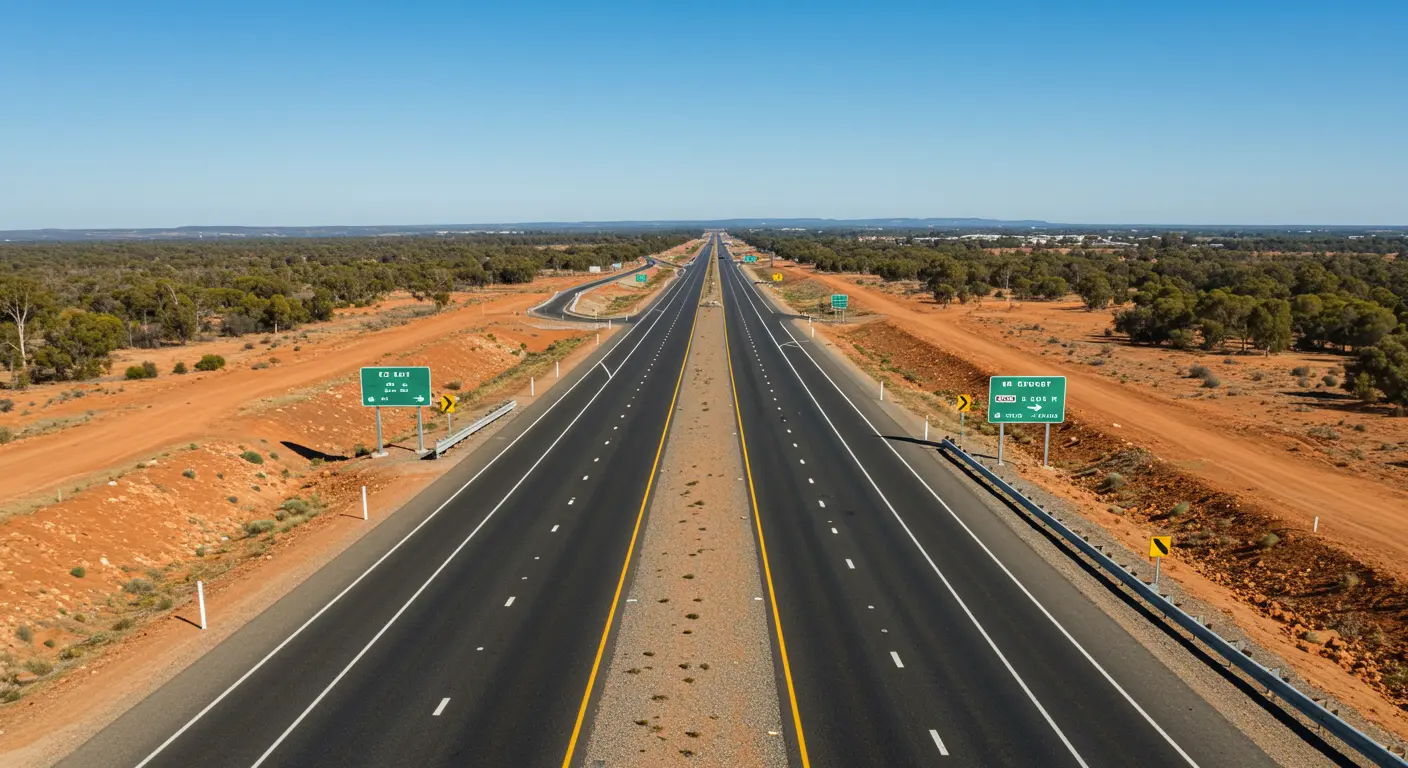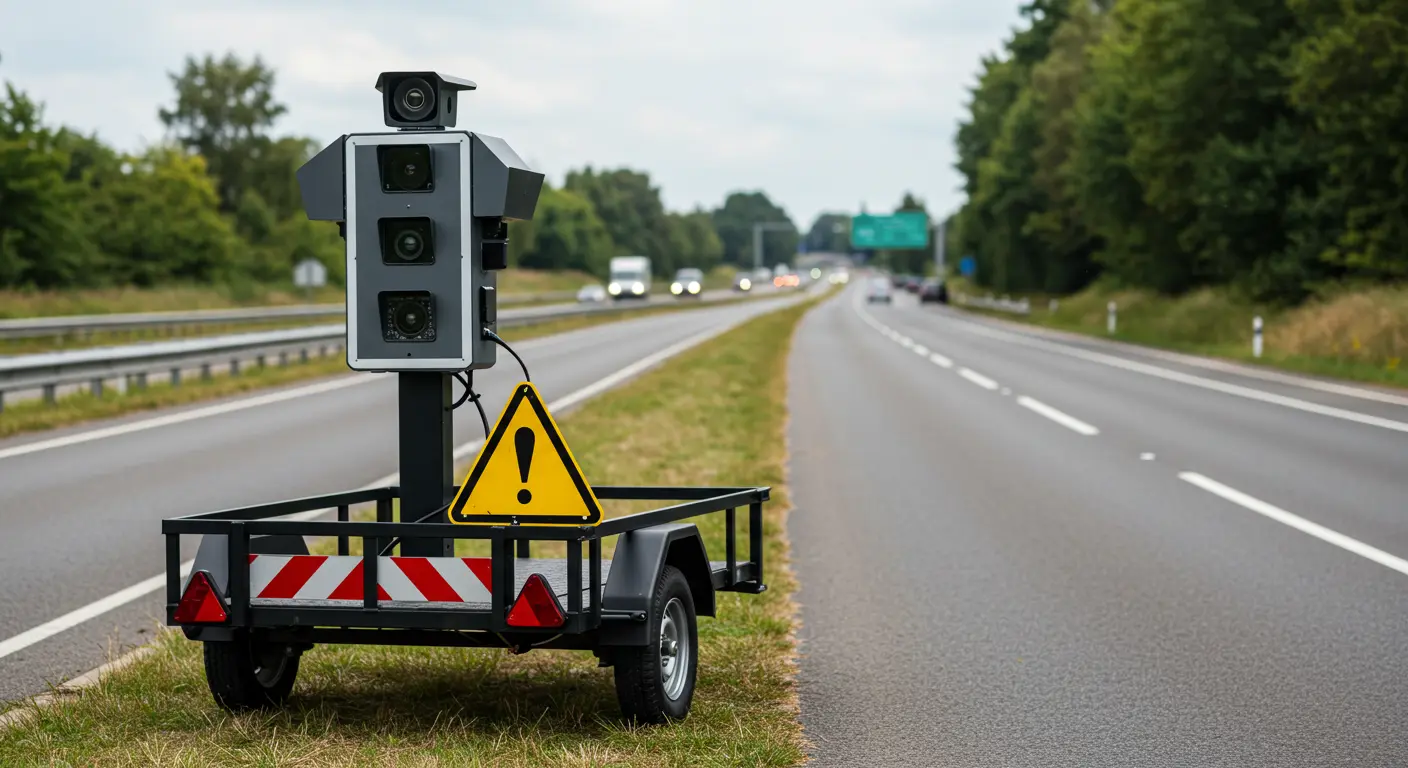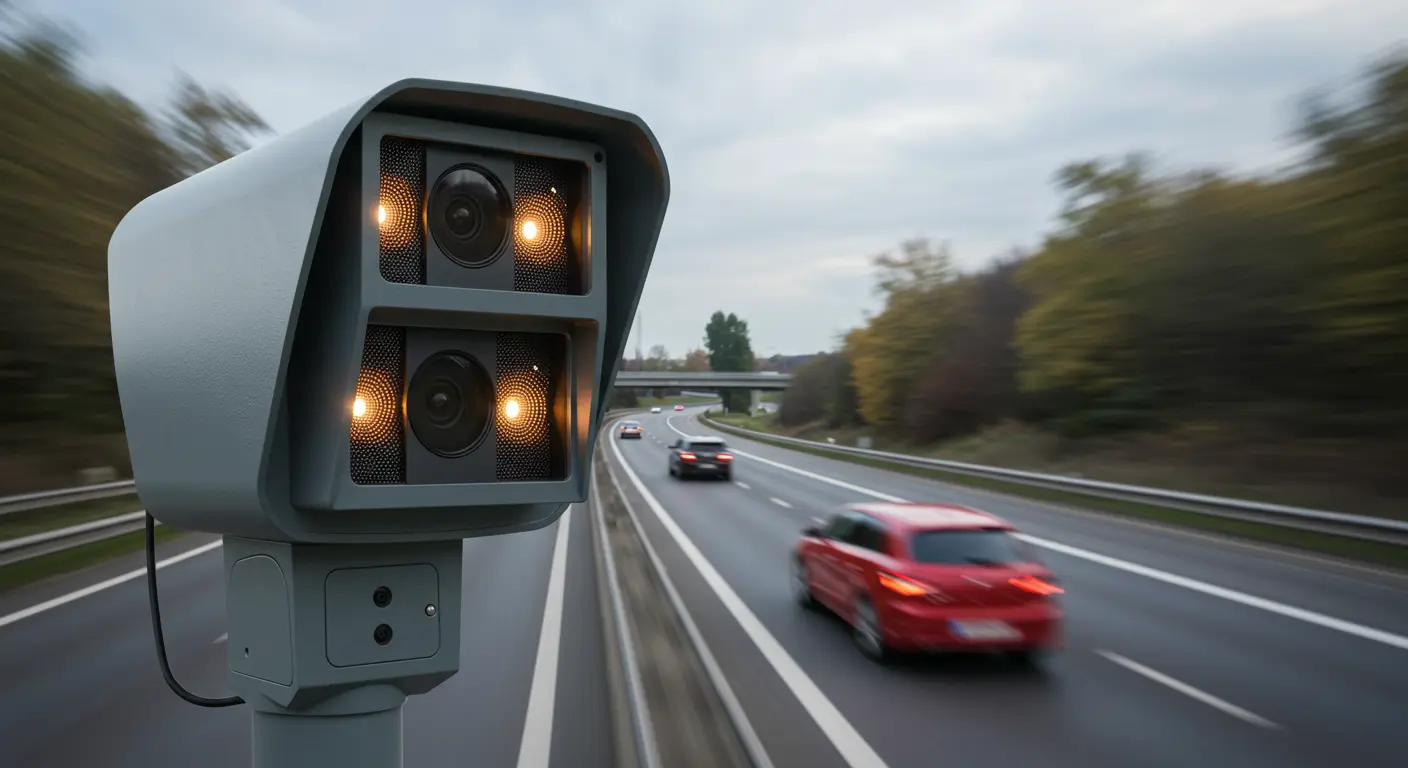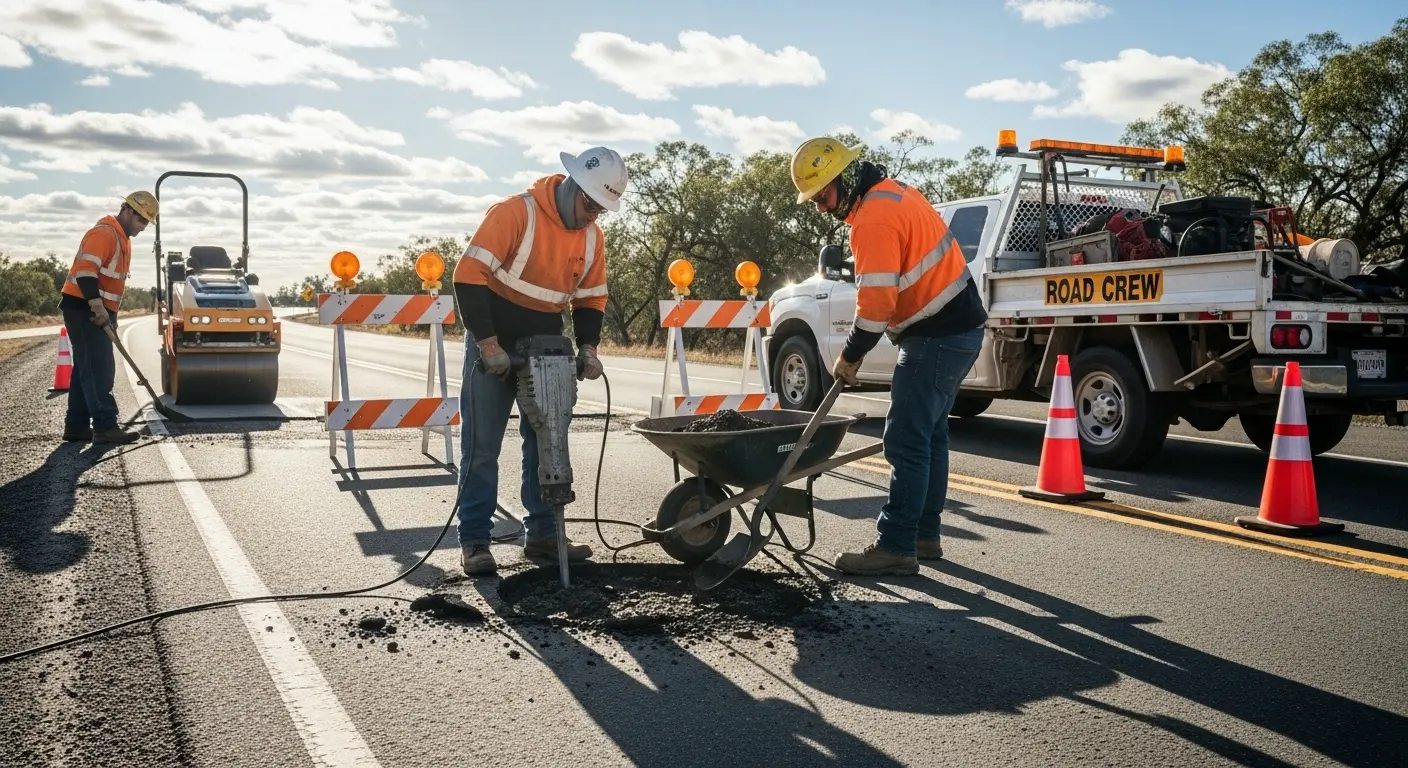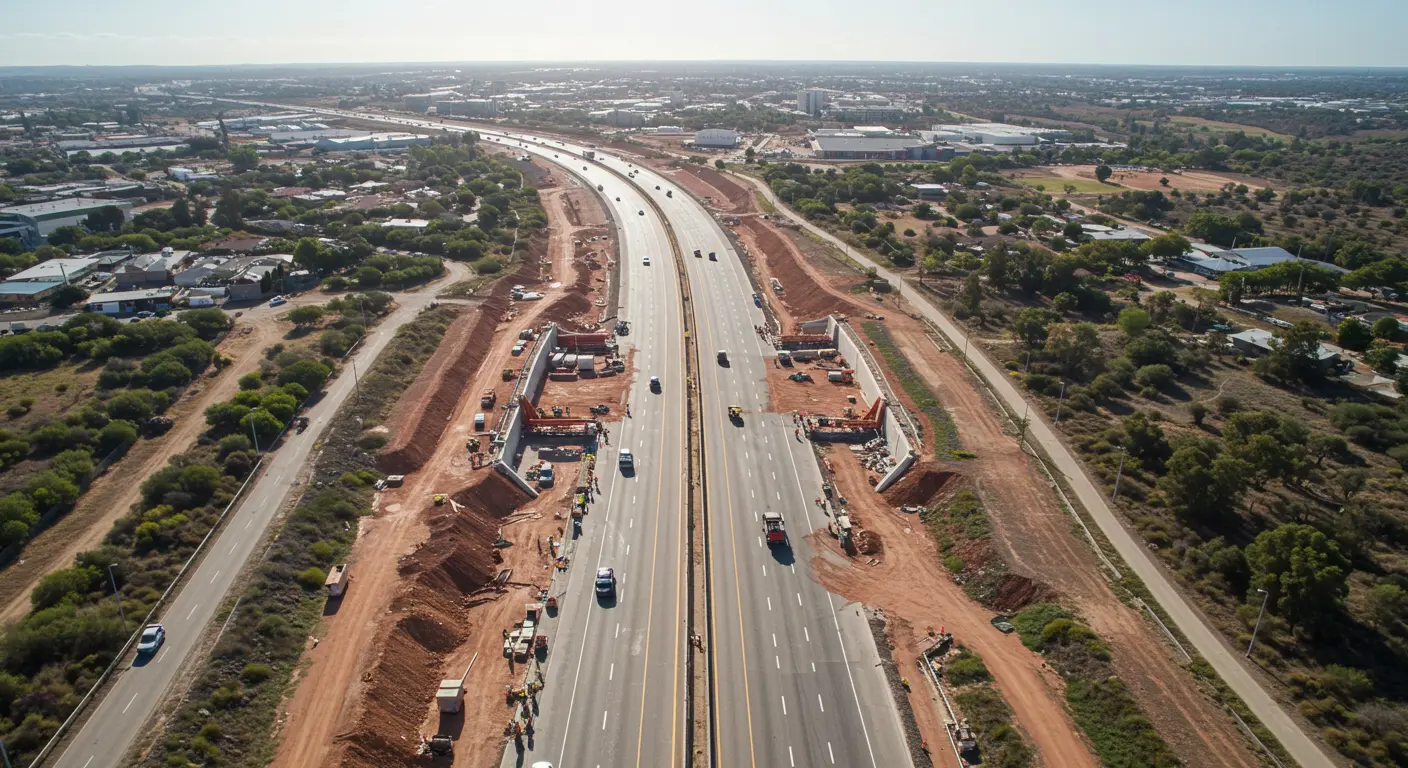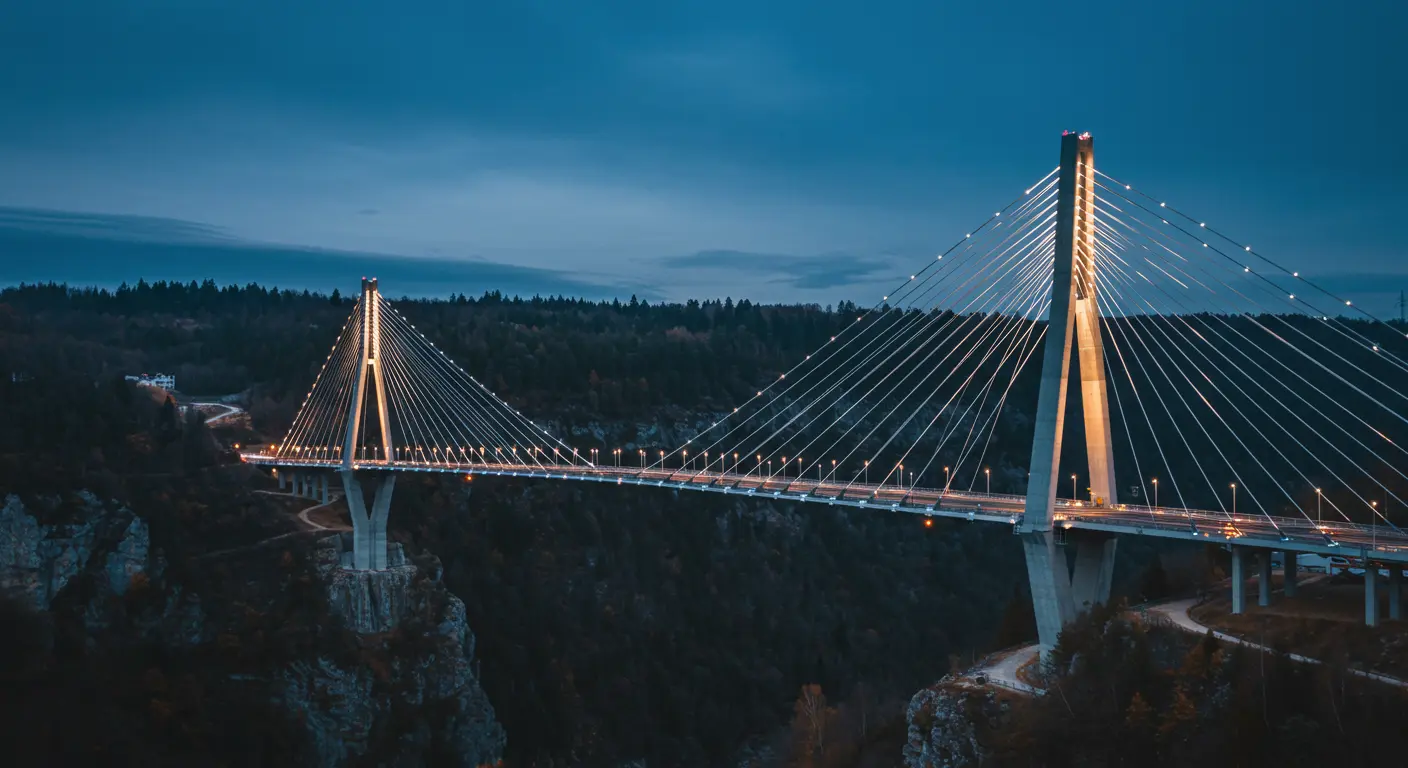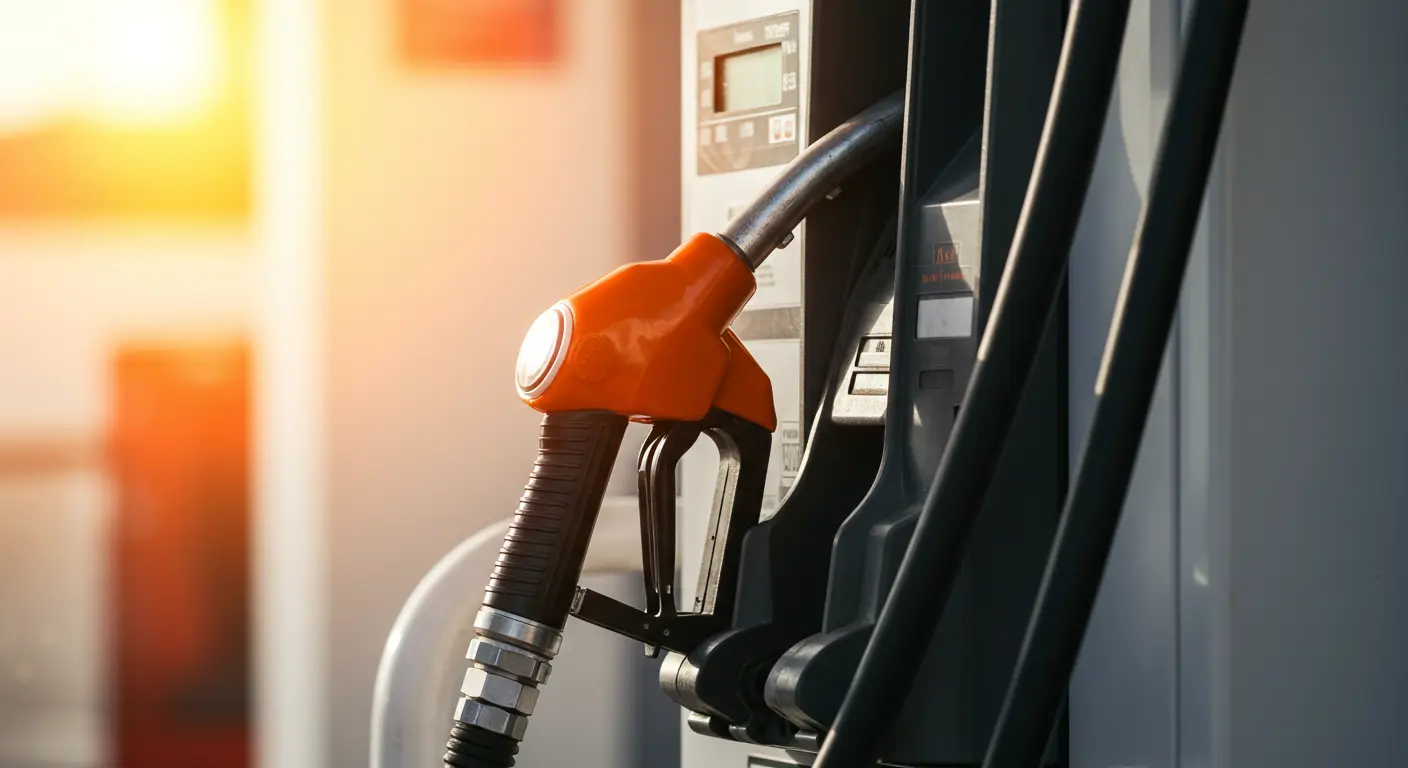From July 1, 2025, tolls for the Sydney Harbour Bridge and Tunnel will increase for the second time since 2009. The NSW Government has confirmed the hike as part of its broader plan to rebalance the toll network and provide relief to those paying the highest toll bills.
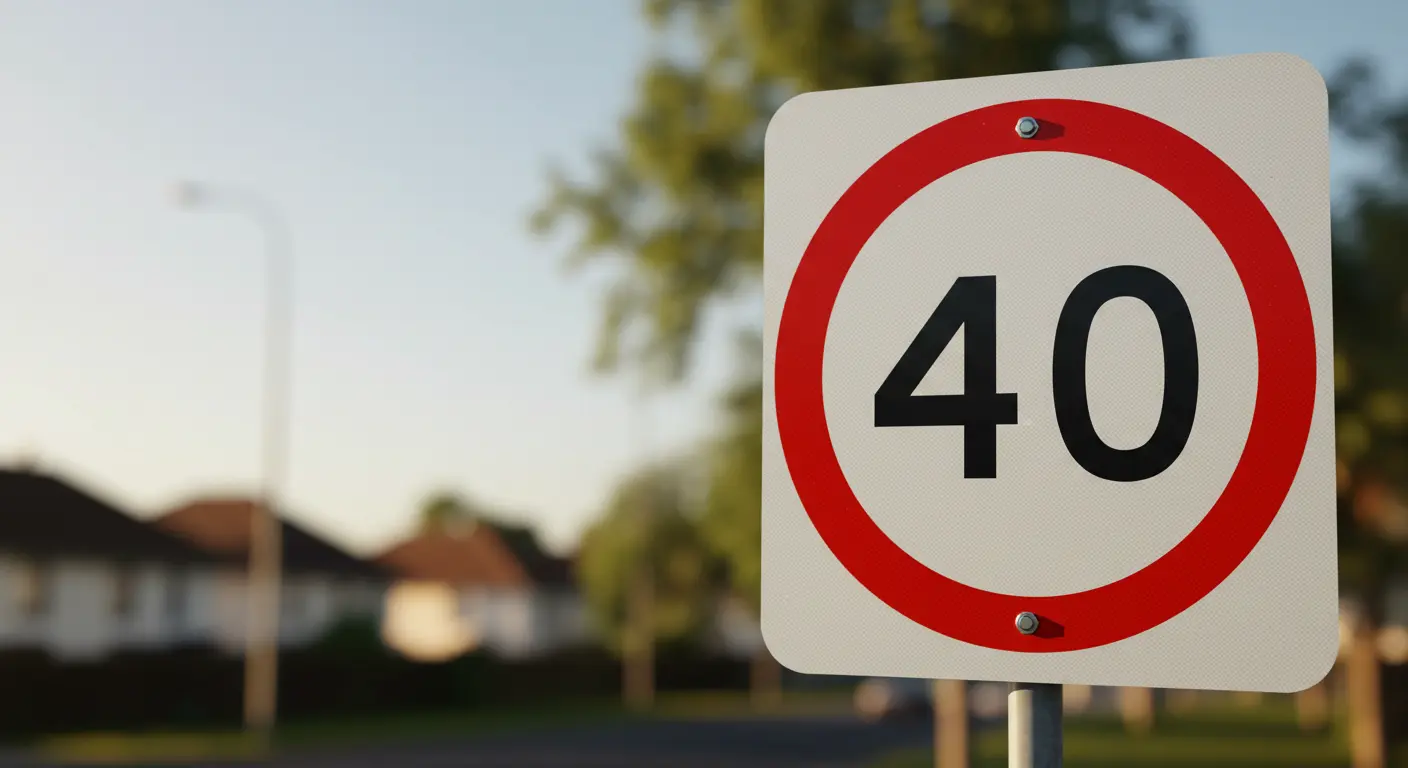
New Toll Prices
- Weekday peak (6:30am–9:30am, 4:00pm–7:00pm): $4.41 (up from $4.27)
- Weekday off-peak and weekend day (9:30am–4:00pm, 8:00am–8:00pm): $3.30 (up from $3.20)
- Night/weekend night (7:00pm–6:30am, 8:00pm–8:00am): $2.76 (up from $2.67)
This 3.2% increase is tied to inflation and ensures toll revenue continues to support the government’s $60 toll cap relief program.
Where the Money Goes
All additional revenue from the toll increase will be directed to the $60 weekly toll cap, a relief measure for frequent toll road users. Over 100 suburbs have already benefited, including high-traffic areas like Parramatta, Lidcombe, Schofields, and Merrylands.
The Bigger Picture
For years, motorists in Western Sydney have faced consistent toll increases. Some daily commutes from outer suburbs to the CBD now cost upwards of $35 for a return trip. In contrast, tolls on the Harbour Bridge and Tunnel remained largely unchanged during previous governments.
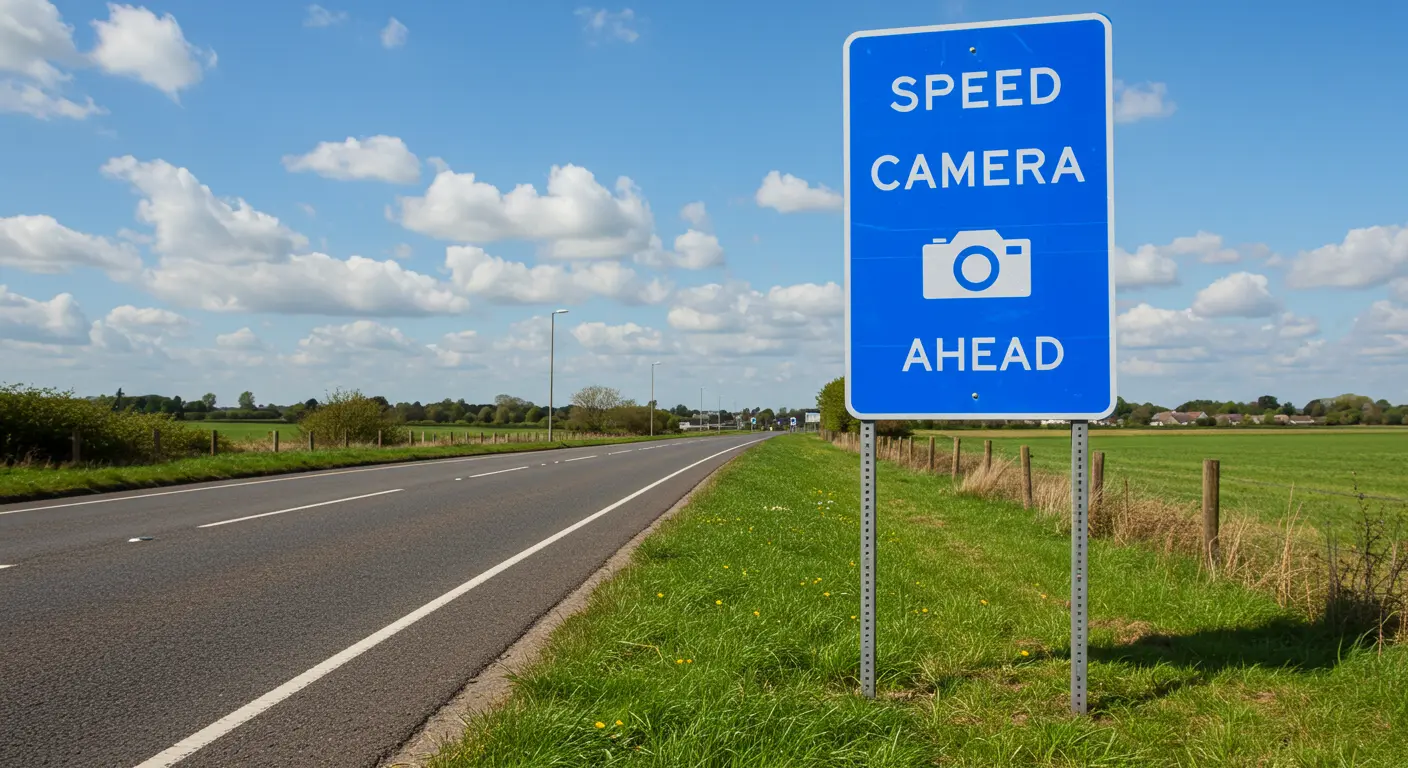
Now, the Minns Labor Government says the aim is fairness: while tolls are increasing slightly on the Bridge and Tunnel, relief is expanding for the rest of Sydney. The toll cap, however, is scheduled to end on January 1, 2026.
Trip Cost Comparisons (2009 vs 2025)
| Route | 2009 | 2025 |
|---|---|---|
| Campbelltown to CBD (return, peak) | $12.60 | $39.10 |
| Blacktown to CBD (return, peak) | $12.72 | $38.03 |
| Neutral Bay to CBD (return, peak) | $4.00 | $4.41 |
Key Takeaway
Although Sydney Harbour commuters will see a slight increase, this change helps fund a toll relief system for those most affected by long-distance travel costs. For now, the goal is to create a fairer, more balanced tolling system across NSW.
